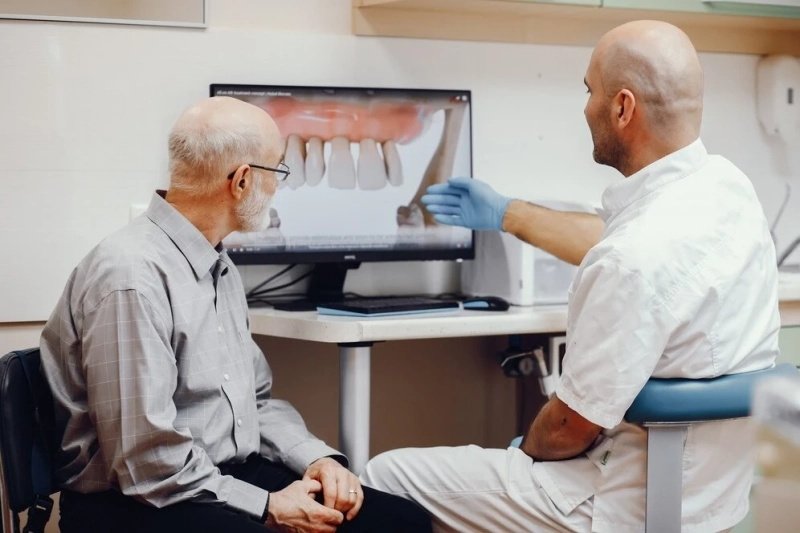Dental crowns are an excellent solution for restoring damaged or weakened teeth, offering both aesthetic and functional benefits. Whether you've received a crown to strengthen a tooth after a root canal, cover a large filling, or improve your smile, proper care is essential to maximize its lifespan. With the right maintenance, dental crowns in altamonte springs can last 10 to 15 years or even longer. Neglecting care, on the other hand, can lead to premature damage, decay in the underlying tooth, or even crown failure. In this blog, we'll explore essential steps you can take to care for your dental crown and ensure its longevity.
1. Maintain Good Oral Hygiene
A dental crown itself cannot decay, but the natural tooth structure underneath is still vulnerable to cavities and gum disease. To protect both your crowned tooth and your overall oral health, follow these hygiene practices:
- Brush Twice Daily: Use a soft-bristled toothbrush and fluoride toothpaste to clean around the crown and the gumline.
- Floss Regularly: Flossing helps remove food particles and plaque between teeth and around the base of the crown, reducing the risk of gum disease.
- Use an Antibacterial Mouthwash: A good mouth rinse can help eliminate bacteria and keep your gums healthy.
2. Avoid Hard and Sticky Foods
Dental crowns are strong, but they are not indestructible. Certain foods can cause unnecessary wear and tear or even damage your crown:
- Hard Foods: Ice, hard candies, nuts, and unpopped popcorn kernels can put excessive pressure on your crown, leading to cracks or chips.
- Sticky Foods: Caramel, chewing gum, and taffy can pull at the crown, potentially loosening it over time.
- Acidic and Sugary Foods: These can contribute to decay in the natural tooth beneath the crown if not cleaned properly.
3. Address Teeth Grinding (Bruxism)
If you have a habit of grinding or clenching your teeth (bruxism), your dental crown is at risk of excessive wear and potential fracture. To protect it:
- Wear a Nightguard: If you grind your teeth at night, a custom-made nightguard can cushion and protect your crown.
- Manage Stress: Bruxism is often linked to stress. Relaxation techniques, such as meditation or jaw exercises, may help reduce the habit.
4. Avoid Using Teeth as Tools
Many people use their teeth to open packages, bite nails, or hold objects—practices that can be harmful to both natural teeth and crowns. Always use appropriate tools instead of relying on your teeth for non-eating activities.
5. Schedule Regular Dental Check-Ups
Routine dental visits (every six months or as recommended by your dentist) are crucial for checking the condition of your crown and the health of your underlying tooth and gums. During these visits:
- Your dentist will examine the fit and integrity of the crown.
- X-rays may be taken to ensure no decay is forming beneath the crown.
- Professional cleaning will help remove plaque and tartar buildup around the crown.
Conclusion
A well-cared-for dental crown can last for many years, protecting your tooth and maintaining your smile. By following proper oral hygiene, avoiding harmful foods and habits, and seeing your dentist in altamonte springs regularly, you can ensure the longevity of your dental crown. If you ever notice discomfort, looseness, or damage to your crown, consult your dentist promptly to prevent further complications. With a little care, your dental crown can serve you well for a long time!



